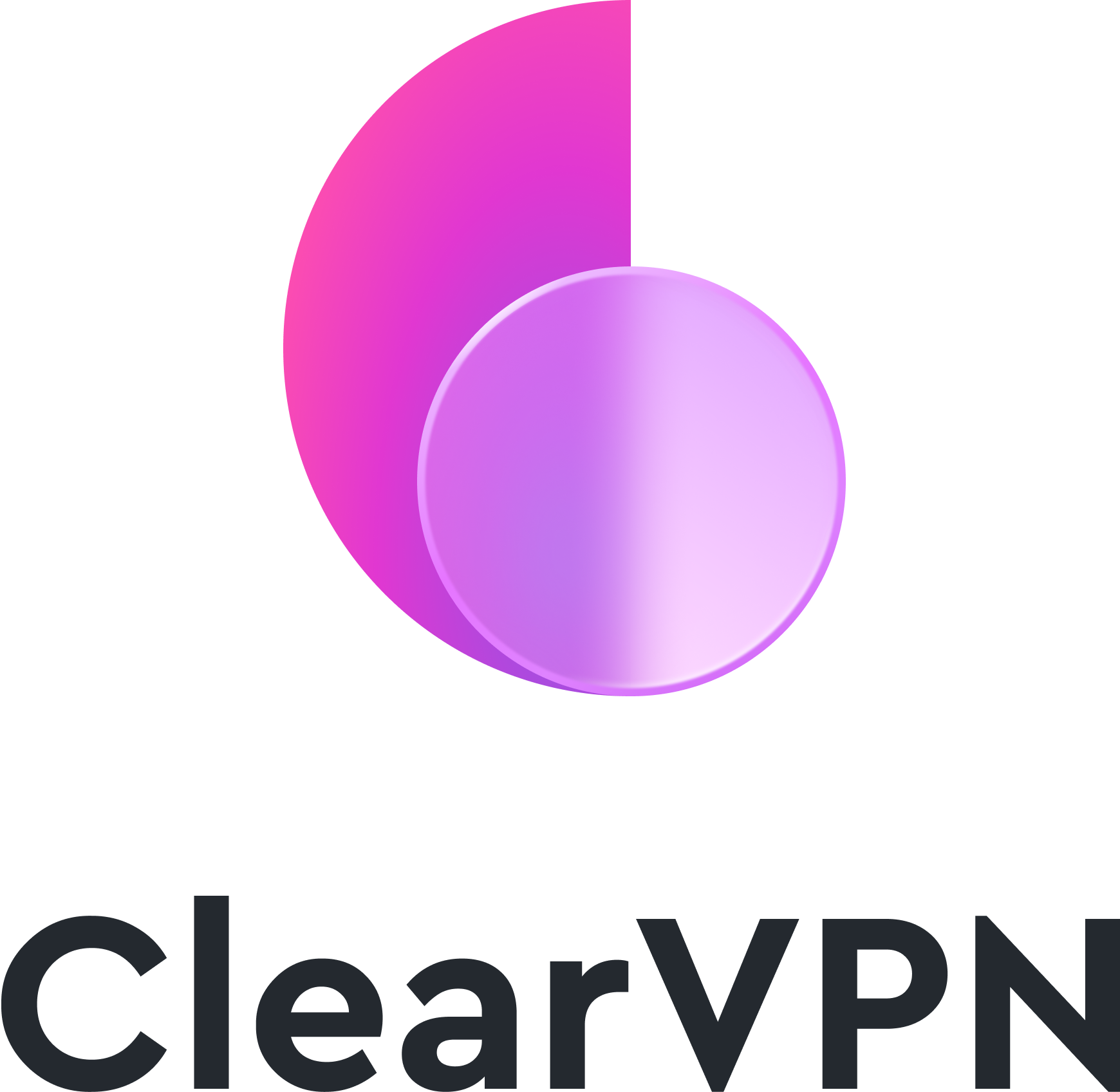897 reads
What Is a VPN and What Are Its Alternatives?
by
April 11th, 2021

The first effortless VPN for a personalized and secure online experience. Designed by MacPaw.
About Author
The first effortless VPN for a personalized and secure online experience. Designed by MacPaw.
